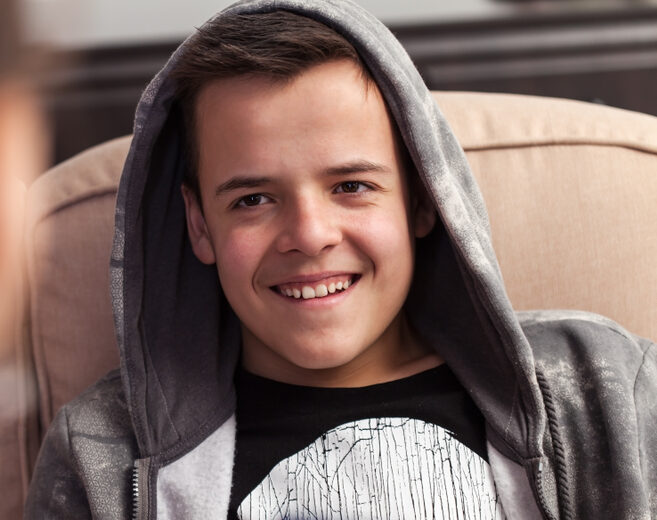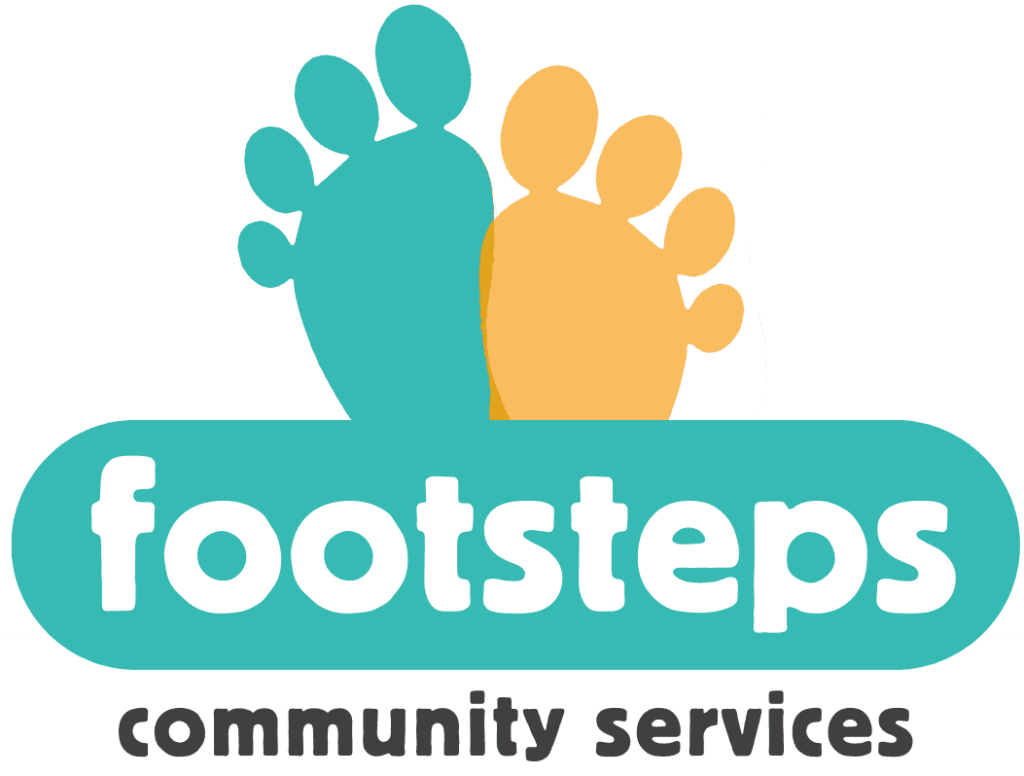
Share this article
Autism spectrum disorder is the term used to describe a group of disorders that includes autism, Asperger’s syndrome and pervasive developmental disorder (also known as atypical autism).
The symptoms associated with autism appear early in a child’s development and this is why it is considered to be a ‘developmental disorder’. The term ‘spectrum’ is used because it describes the wide variety and differing levels of severity of symptoms found in children with autism. For example, two children could be diagnosed with autism, yet one may have an intellectual disability, no spoken language and be considered low functioning; whereas the other may have average or even above average intelligence, appear to have normal speech and be considered high functioning.
Recent research suggests that on average, 1 in 100 children will be diagnosed with autism, with boys outnumbering girls 4:1.
What difficulties can individuals with autism experience?
Children and adults with autism have difficulties that are usually grouped into three areas.
1. Verbal and non-verbal communication
Communication skills vary depending on the intellectual and social development of the individual child or adult. Some people with autism have little, if any, speech and others appear to have normal speech. However, those that do have speech often find it difficult to communicate effectively. For example, a person with autism may say what seems to be odd and inappropriate things, repeat verbal statements made by another person (called ‘echolalia’), talk about one specific topic for long periods of time with no awareness that others have lost interest, or say things that are not relevant to the current conversation. The communication style of those with autism can sometimes lead to children and adults with autism being the victims of bullying.
In addition, those with autism may find it difficult to keep eye contact with others and understand non-verbal communication such as facial expressions and hand gestures including pointing. They often do not respond when others are talking to them and in some instances may not react to their own name.
2. Social awareness and interaction
Children and adults with autism often have difficulty following social rules, which may make them appear unfriendly. For example, they tend to avoid looking at the person talking and do not appear to be listening. When interacting with others, those with autism may not follow common social behaviours. For example, they may touch and even lick others, or make blunt and impolite comments.
3. Activities and interests
Children with autism rarely play games or engage in imaginative play (e.g., playing make believe). Instead, they may use toys and other objects in unusual ways (e.g., lining up objects, spinning and flicking objects). They can become obsessed with an item such as a piece of string or a pencil and carry it around constantly, and may collect objects (e.g., stones, sticks, batteries). Both children and adults with autism can also be more sensitive to touch and the taste or texture of some foods. Examples of this include rejecting a family member trying to give them a cuddle or insisting that all labels are cut off their clothes because the touch of them on their skin is unbearable. Some people with autism may also act as if they are insensitive to pain or changes in temperature so they may put their hand directly into a flame. They also dislike change and being in new situations. They may also show behaviours such as acting as if other people don’t exist, or doing things that cause them injury. Examples include repetitive hand-flapping, spinning, rocking, walking on their toes and biting themselves. Behavioural problems including temper tantrums and aggression are also common.
The severity of difficulties in these three areas varies across individuals. For example, a high functioning person with autism may have milder difficulties such as a fixation with certain topics of conversation and difficulty understanding facial expressions or gestures. In comparison, a low functioning person may have no verbal language, engage in self-injuring behaviour such as repeatedly banging his or her head against the wall, and need constant support in everyday activities such as dressing and preparing a meal.
People with autism are also more likely to develop mental health problems. Both children and adults with autism often experience stress and anxiety caused by their difficulty in dealing with change and unpredictable situations. They are also at risk of developing depression, especially in late adolescence and early adulthood. Because people with autism often have difficulty understanding and communicating their own feelings (including anxiety or distress), these problems might not be picked up.
Children and adults with autism may also experience sleep problems. Children in particular may have difficulty going to sleep, continue to be active through the night, wake frequently and sleep much less than expected for their age.
Possible outcomes for individuals with autism
The ability of an adult with autism to maintain a job, and manage home duties and finances is determined by the severity of their symptoms, their level of education and training. With appropriate support we have seen individuals with enhanced needs become active members of the community, including working to support themselves, and living on their own.
The support we provide at Footsteps Community Services is tailored to the person’s particular needs, strengths and difficulties. Our support addresses both behaviour and communication problems, and involves parents and other primary caregivers.
It is important to begin support early on. Early intervention focuses on teaching social skills, developing motor and communication skills, reducing problem behaviours (e.g., emotional outbursts, head-banging, interrupting) and promoting positive behaviours (e.g., turn-taking in social situations).
NDIS services for individuals with autism – registered NDIS provider
As a registered NDIS provider, we provide a wide range of services to individuals with autism and their families, including those with and without NDIS funding. Our team are able to assist you if you would like to understand more about accessing NDIS funding and how you can apply.
We offer NDIS Support Coordination and Specialist Support Coordination, Therapy, Behaviour Support, Social Work, and Community Nursing services in Brisbane, Logan, Toowoomba, Gold Coast, Scenic Rim, Ipswich and surrounding areas.
We also provide these services via telehealth services Australia-wide.
Contact our team by calling us on 0467 374 123, by emailing us at admin@footstepscs.com.au or by submitting an enquiry using the form below to learn more about the services we provide.


